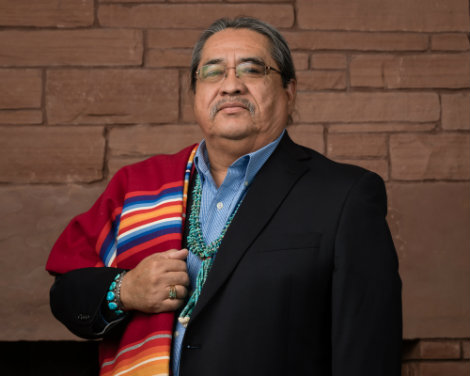People
Manley Begay, Ed.D.
Director, Tribal Leadership initiative
Professor
Applied Indigenous Studies and Politics and International Affairs
In addition to faculty appointments in the Departments of Applied Indigenous Studies and Politics and International Affairs, Dr. Begay (Navajo) is affiliate faculty in the W. A. Franke College of Business at Northern Arizona University. Since 1997, he has also been co-director (with Professors Joseph Kalt and Stephen Cornell) of the award-winning Harvard Project on American Indian Economic Development at the John F. Kennedy School of Government at Harvard University, working for and with Indigenous governments, enterprises, organizations, and communities world-wide, providing research, advisory services, and executive education on issues of nation-building and economic development. Professor Begay is recognized nationally and internationally as one of the primary planners and designers of the now-accepted theory of how Indigenous nations and communities build nations that work.
